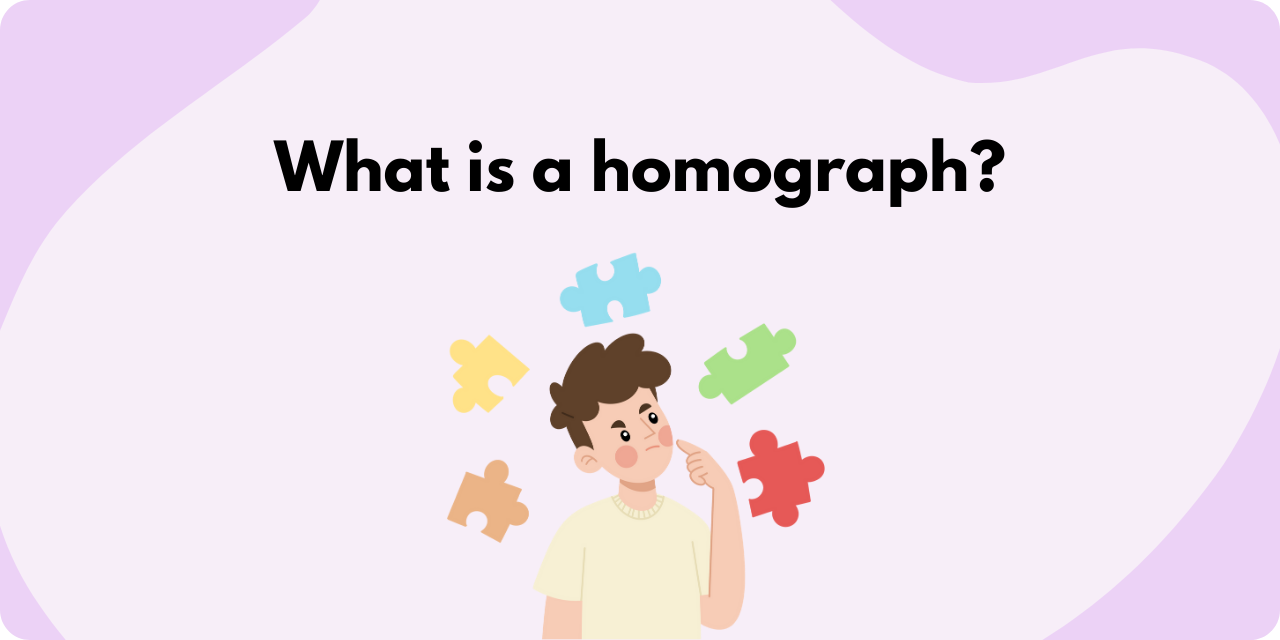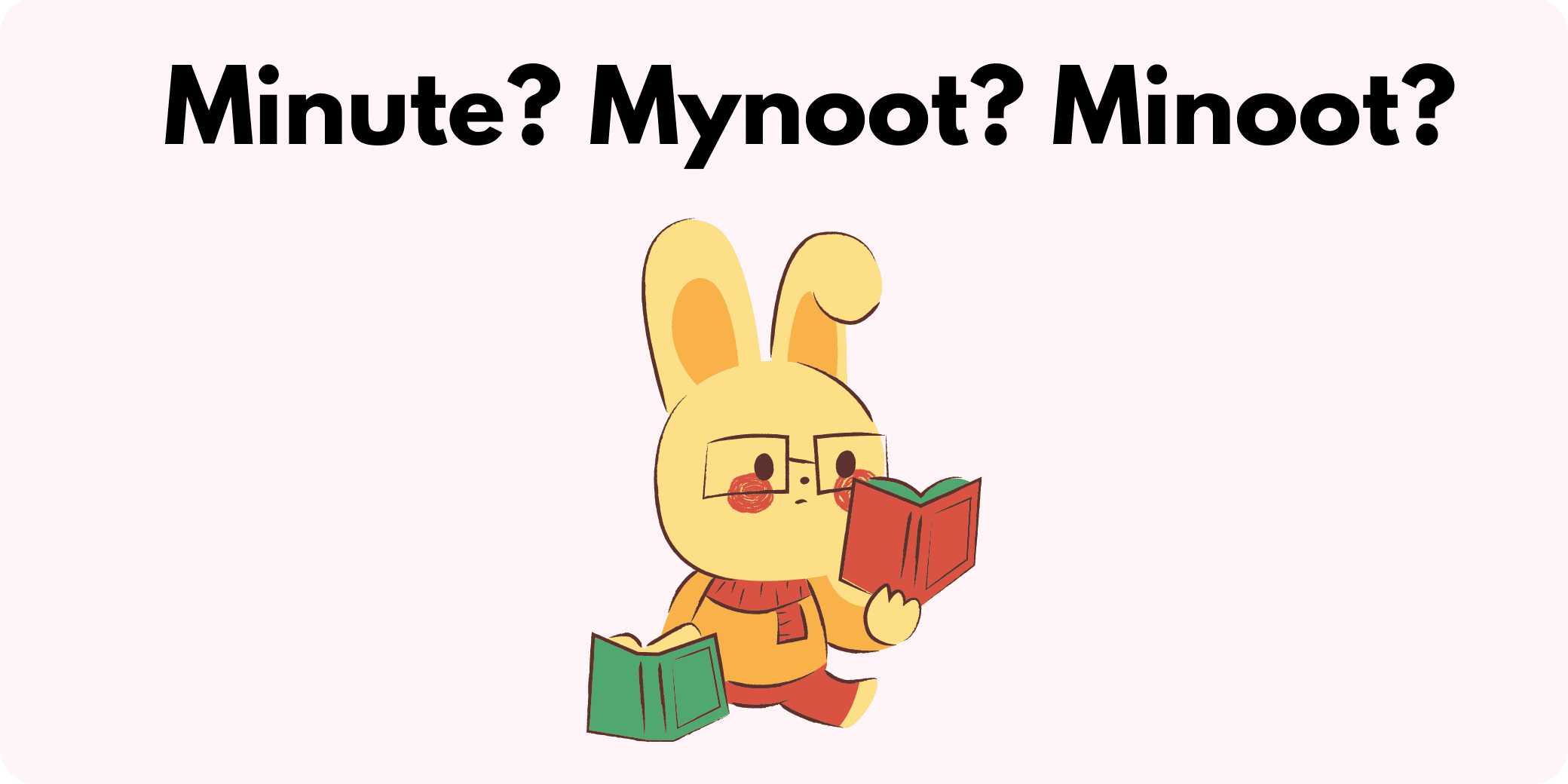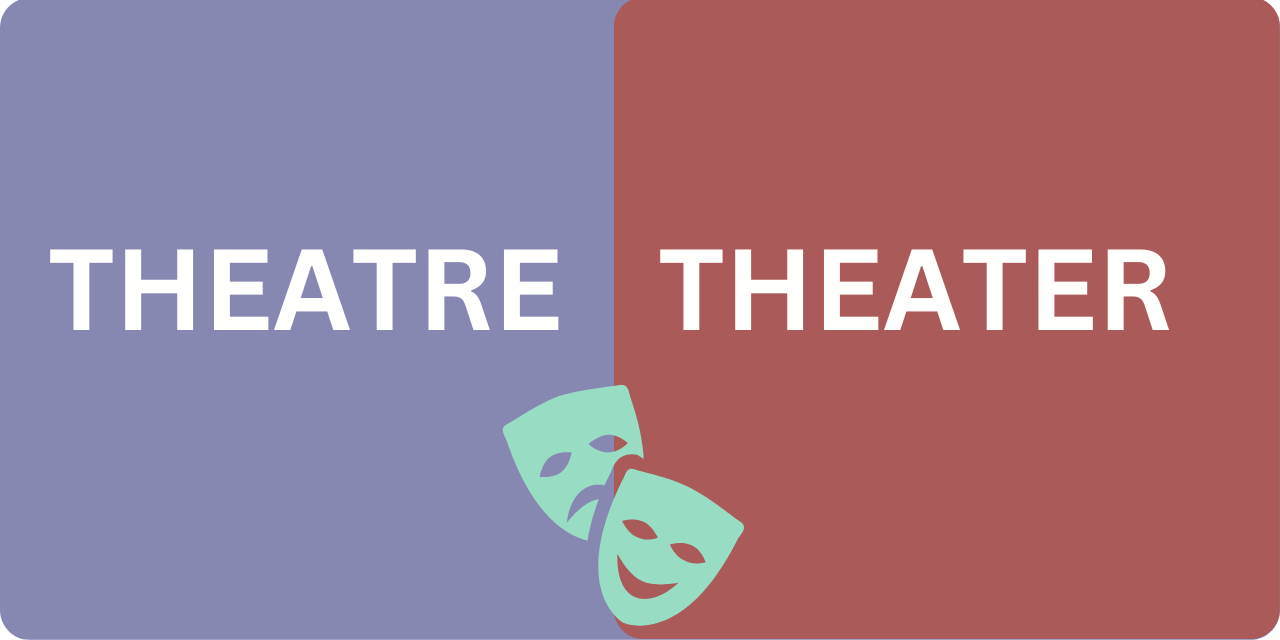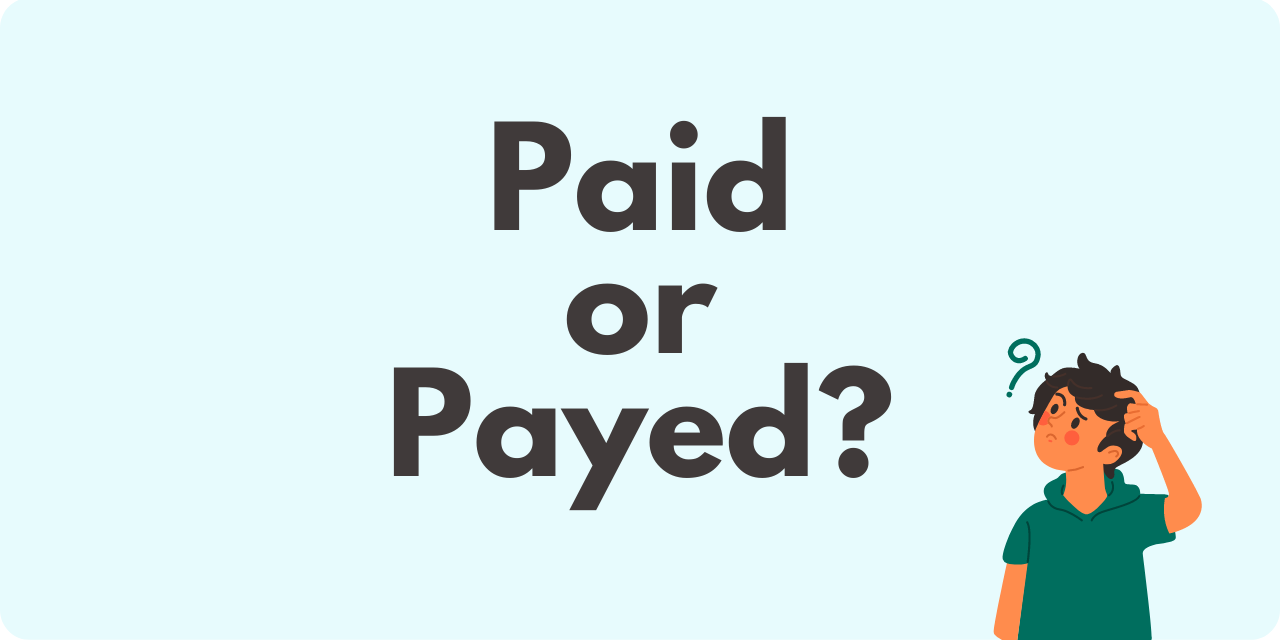You may have seen through and thru be used almost interchangeably in your daily life. Perhaps you have seen thru used on a road sign, but through used in a written media. Are both acceptable? Is there a difference? Let’s figure out if its thru or through.
Since they are such common words, it makes sense why you may be confused about their spelling. Additionally, the fact that they are homophones can add another layer of confusion. So, which is correct in the grand debate of thru vs. through?
Both words mean the same thing. The only difference is their relative formality within the English language.
Throughout this article, we will look at the main differences between through and thru and how you can use them in your life!
Breaking Down the Difference Between Through and Thru
As mentioned, both through and thru are used interchangeably. Generally, through is more formal and should be used in most of your writing. On the other hand, thru is less formal and commonly used in colloquial terms such as “drive-thru.”
You should try to stick to through when you are doing formal writing.
Thru should be used when you want to save time in an informal way. In other words, it acts as an abbreviation for through. It is unique to American English, so you should also be aware of dialect differences when you use it.
When looking at the grammar of these two words, they behave the same. Thus, you can swap them out with one another easily.
What Does Through Mean?
Through (and thru) is a very diverse word that can be used as a preposition, adjective, and adverb! No matter where it is being used, it generally means “from one place to another.”
Through As a Preposition
As a preposition, through can have a few meanings. First, it can be used to refer to going through or around people. In addition, it can be used to describe when someone or something has gotten past a barrier of some type. Lastly, it can also mean “because of” to describe why something has occurred.
Take a look at some of these examples using through as a preposition:
- The arrow went through his arm.
- The burglar entered the home through the upstairs window.
- I just have to get through my exams.
- Through your dedication and perseverance, we won the race!
- I normally work Monday through Friday.
- I wouldn’t have gotten through all of this without your help.
- I’ve had to jump through hoops for you.
- Janice spoke through the intercom to the class.
Through As an Adverb
As an adverb, through describes when something is fully completed or has traveled a full distance. It also refers to its main definition, describing when something is ‘in one end and out the other completely.’ For instance:
- I have to see the game through since I agreed to play.
- Suzie has to see the trip through; She has already bought her plane ticket.
- On the bus, we traveled through New Jersey and Connecticut.
- The arrow went through the target.
- Jeremy is almost through completing his biology degree.
When Is It Acceptable To Use Thru?
Although there is no one correct choice, you should only use thru if you are speaking or writing in very casual settings.
Although through is the preferred spelling, using thru in short text messages is a great idea! With this in mind, since it is an informal spelling, you should avoid using it when writing professional or academic papers.
As mentioned, it is fairly unique to American English, so you wouldn’t be able to use it in dialects such as British English.
You may also see thru used in signage, such as ‘drive-thru’ and traffic signs. This is mainly because it takes up less space and has become a popular slogan for fast food restaurants.
Example Sentences Using Thru
Now that we have looked at what through means and how you can use it, let’s look at thru. The following sentence examples show how you may see thru being used in writing.
- I have to stop at the drive-thru before coming home.
- I texted mark that he needed to come thru the house before he left.
- We have to stop. I see a no-thru sign up the road.
- There is a thru traffic sign up ahead.
Summary
In the end, understanding when to use through and thru can be quite difficult. Generally, through tends to be for more formal situations and should be the form you use most often, especially in business or academic settings.
In contrast, thru is a quick abbreviation that works well for signs or if you are informally communicating.
With all that being said, I hope you understand the meaning of these words and how you can use them in your writing!






